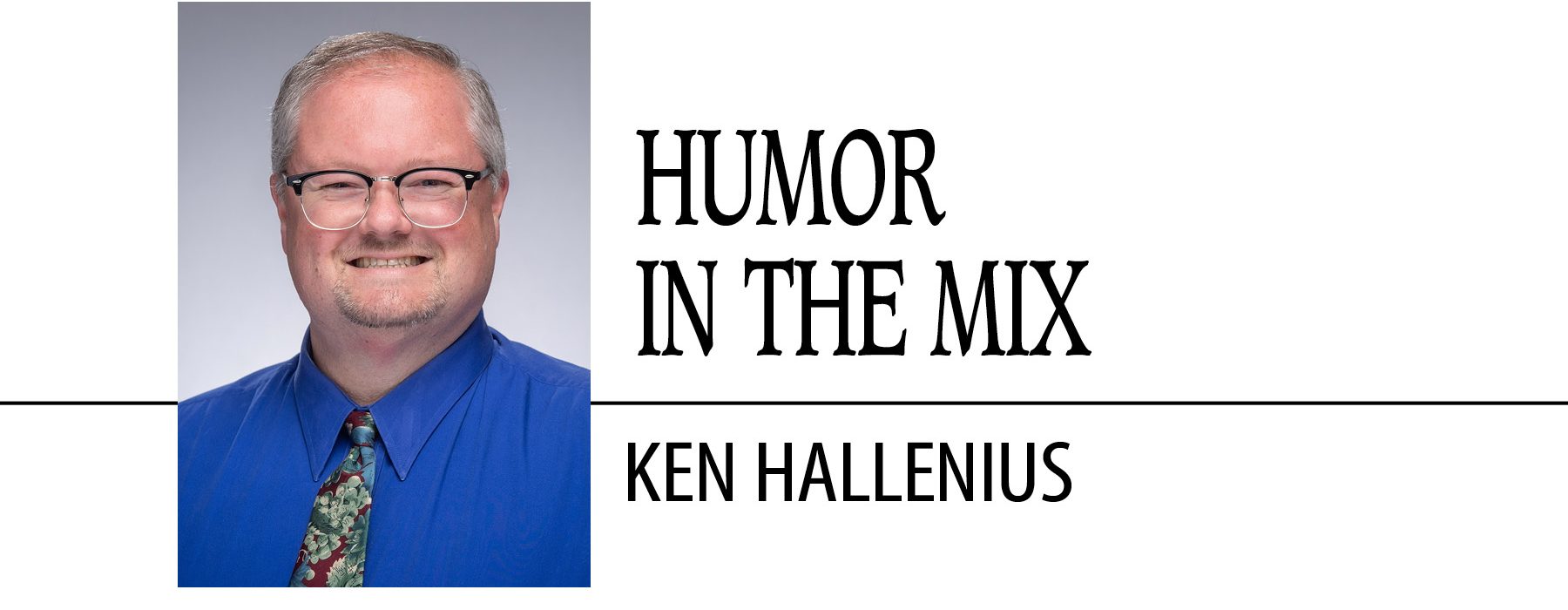January 4, 2023 // Perspective
A New Year’s Habit
As one does at this time of year, I opened a new 2023 calendar and started flipping through the months to mark a few upcoming events. In the process, I found myself thinking about both joy and hope. Each wedding, vacation, birthday, or anniversary that I noted on the calendar is a statement of hope that I will be there to take part in the occasion, and a promise of joy to be shared. I do not know what the future holds, but as a believer in Christ Jesus, I know that God has plans for me, and I trust that He will bring them to completion.
As we wound down the days of 2022 and switched to a new year’s calendar, we crossed a threshold, and not only on paper. The month of January is named after the ancient Roman god Janus, who was the mythical overseer of transitions. He was often depicted as having two faces, one looking backward and one facing forward. In our day, we too look at January as a time of transition, a time to thank the true God of heaven for the blessings of the previous year and to ask for an abundance of grace to be shared with us in the new one.
We Catholics celebrated the beginning of the new liturgical year several weeks ago on the 1st Sunday of Advent, but as pilgrims who are also called to bless the secular world in which we live our lives, we also marked the change from one civil calendar year to the next by joining together in prayer. For centuries, the faithful have gathered in our churches on New Year’s Eve to pray the Te Deum, an ancient hymn of praise. In this joyful song, we join with “the glorious company of apostles” and “the noble fellowship of prophets” to offer praise and thanksgiving to the Triune God for their many blessings, and to ask that they “come and bless your people, bought with the price of your own blood, and bring us, with your saints, to glory everlasting.”
Our praise continues on New Year’s Day as we gather to honor Mary in her title as Mother of God. This joyful celebration, on the 8th day after Christmas, recognizes that Jesus Christ, the Son of Mary, is indeed our God made flesh, come to redeem us. This is also the day when the Church invites us to pray for the guidance of the Holy Spirit in the new year by singing together the ancient chant Veni Creator Spiritus, which invites the Holy Spirit to pour out upon us His “sevenfold gifts,” the same gifts that were given to us in the Sacrament of Confirmation.
Many of us make New Year’s resolutions, whether to exercise more, or give up snacking, or to watch less TV and read more books, and so on. These resolutions are often aimed at improving ourselves in some way by developing new habits, and we usually truly intend to follow through. But I have found over the years that most of mine have been forgotten or abandoned after just a few weeks, echoing the definition that one jokester gave of a New Year’s resolution as being something that “goes in one year and out the other.”
A habit is an action or decision that has become so comfortable through repetition that we automatically do it the same way each time. Each time we do something in the exact same way, we are following (or “giving in to”) the habit. Even more, each repetition of the action also reinforces that habit, making it stronger and more natural to us. If this habitual action is aimed toward the good, then it is called a “virtue,” and if it turns us or takes us away from the good, it is a “vice.”
In an interesting double meaning, the word “habit” also refers to the distinctive clothing worn by monks or nuns. This second meaning reinforces a truth for those of us who endeavor to follow through with our New Year’s resolutions: just as a nun wakes every morning and dresses in her religious habit, such that she looks the same as she did the day before, we who want to develop new habits must also repeat the same actions over and over again. In the same way that a religious habit clothes a natural body and displays a holier version of the person underneath, our habitual good actions display a new and more virtuous person to everyone we meet. But there is a fundamental difference here as well: as a piece of clothing, the religious habit itself does not change the person wearing it, whereas a habitual action does indeed modify our very soul — whether for virtue or for vice.
The Holy Spirit, whom we invoke when we pray the Veni Creator Spiritus on New Year’s Day, aids us to develop virtuous habits by showering us with His sevenfold gifts: wisdom, understanding, counsel, fortitude, knowledge, piety, and fear of the Lord. The grace of fortitude is particularly helpful as we work to establish new habits, as it gives us the strength to persevere, particularly when we are not inclined to do so. For example, if I’m trying to develop the habit of waking up in the morning 20 minutes earlier to have time for private prayer, I will certainly need the gift of fortitude to respond immediately despite my grogginess when my alarm rings (and not, hopefully, use this gift of strength to smash the clock).
As we begin 2023 together, my prayer for you is that “God, who has begun the good work in you, will bring it to fulfillment” (Philippians 1:6). Happy New Year!
Ken Hallenius is a syndicated radio host and podcaster living in South Bend. For more, visit blog.hallenius.org.
The best news. Delivered to your inbox.
Subscribe to our mailing list today.






